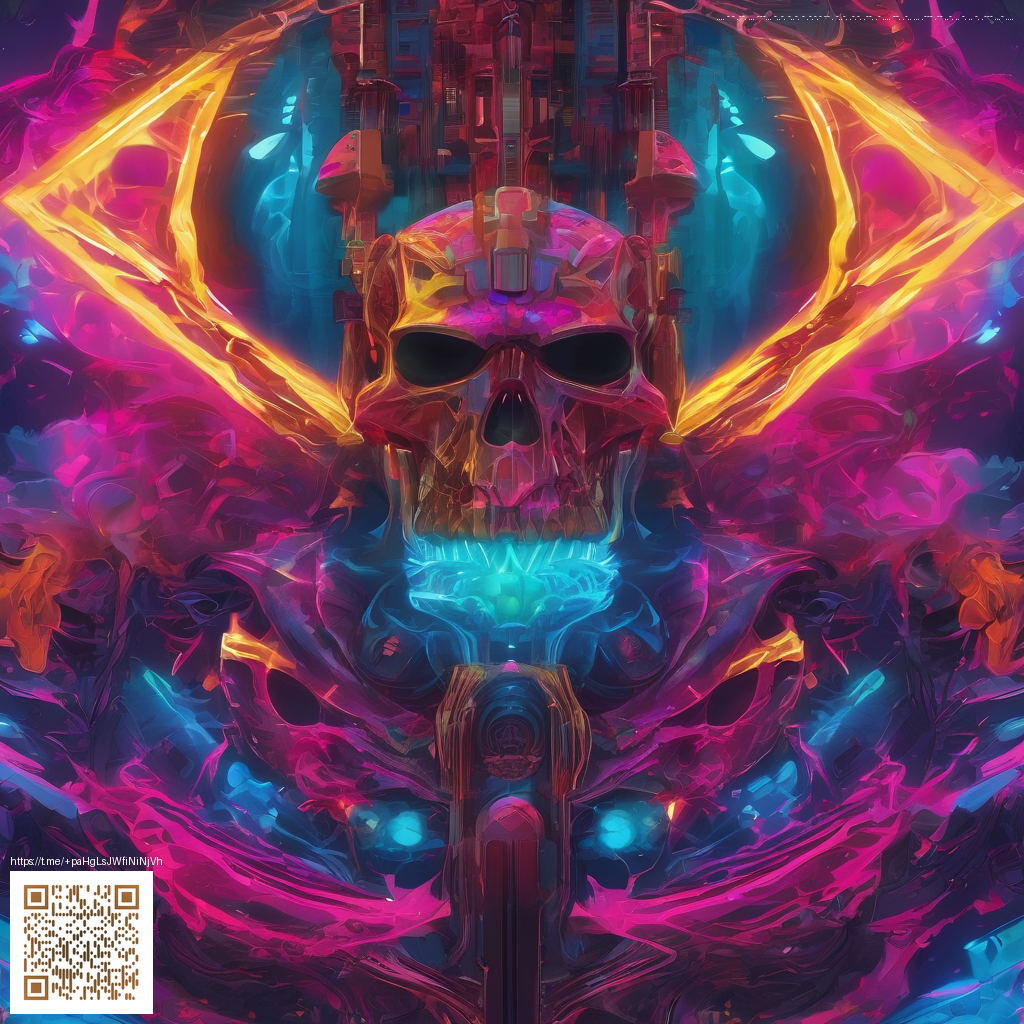
Storytelling and Player Choice in Prey A Deep Dive
Arkane Studios crafts a mystery wrapped in a space station and a patient, almost intimate human drama. In Prey the line between survival and storytelling is porous guests and crew members offer audio logs hidden compartments and casual conversations that reveal the station mid mission secrets. The design invites players to become investigators as much as they are combatants a balance that makes every corner a potential narrative beat 💠
At the heart of the experience lies Morgan Yu the protagonist whose fate is shaped by what the player chooses to do with the Typhon threat. The game leans into a responsive arc with Morgan sometimes acting as a mirror for the player depends on choices to save or sacrifice. The AI host January a digital duplicate of Morgan adds a meta layer that tests motive and loyalty and invites players to reflect on identity within a loaded sci fi framework 👁️
The branching story threads are reinforced by environmental storytelling and meaningful character interactions. Logs emails and audio diaries populate Talos I with a living history that expands when players decide to help or harm key figures. Community discussions frequently highlight how these moments foreshadow later outcomes and color the player’s sense of agency even before the credits roll 💠
There are three main endings in the base narrative with a post credits choice that nudges the finale toward one of several fates for the station its inhabitants and Morgan. Endings hinge on how you treat allies whether you push back against the Typhon or attempt a careful compromise. This structure rewards multiple playthroughs as players uncover new dialogue options and alternate paths that were previously unseen and often surprising 🌑
A central mechanic that amplifies the sense of choice is the spectrum of abilities granted by Neuromods and chipsets. The mind bending flexibility to fuse Typhon powers with human systems or to suppress threats through clever engineering creates a moral tension that mirrors the ethical questions raised by the story. The Telepathy branch and the ability to Mindjack weaker enemies highlight the shift from brute force to careful manipulation a shift many players feel as a thematic core of the game. The expansion Mooncrash introduces roguelike experimentation that encourages players to test different strategies and in turn reframe their understanding of the plot and its consequences 🧠
Community insights emphasize how the moral scoring delivered by key characters shapes perception of the outcomes. Figures like Igwe and Mikhalia are used in guides to rate your empathy and decisions more than simply tallying bodies. These systems encourage players to consider who to save and who to confront and they reward curiosity with richer narrative payoffs. The interplay between player action and story consequence becomes a signature thrill rather than a side quest to an action sequence 🧭
Beyond the main quest line the game invites players to think about what is earned through restraint and what is gained through bold leadership. The design philosophy invites a debate about what counts as a good ending and whether a player can achieve it with a single flawless run or must embrace a few imperfect decisions. In practice Prey rewards careful observation and patient experimentation turning narrative decisions into gameplay fuel that remains memorable long after the final scene fades 🌑
For fans who crave a broader conversation about how well stories within games age and evolve, the title offers a compelling case study in how player choice can be woven into a living environment. The narrative architecture supports interpretation and discussion letting communities build their own theories and alternative endings based on the same core events. This is storytelling in games at its most intimate and replayable a blend that resonates with players who value both design craft and replay value 💠
If you want to dive even deeper into the mechanics and the narrative feedback loop check the related explorations and narrative analyses across the networks below.
Support the decentralized internet and keep gaming journalism vibrant by contributing through the donation channel below. Your support helps independent narratives flourish and fuels communities that celebrate creative freedom and open networks.
Support Decentralized Internet